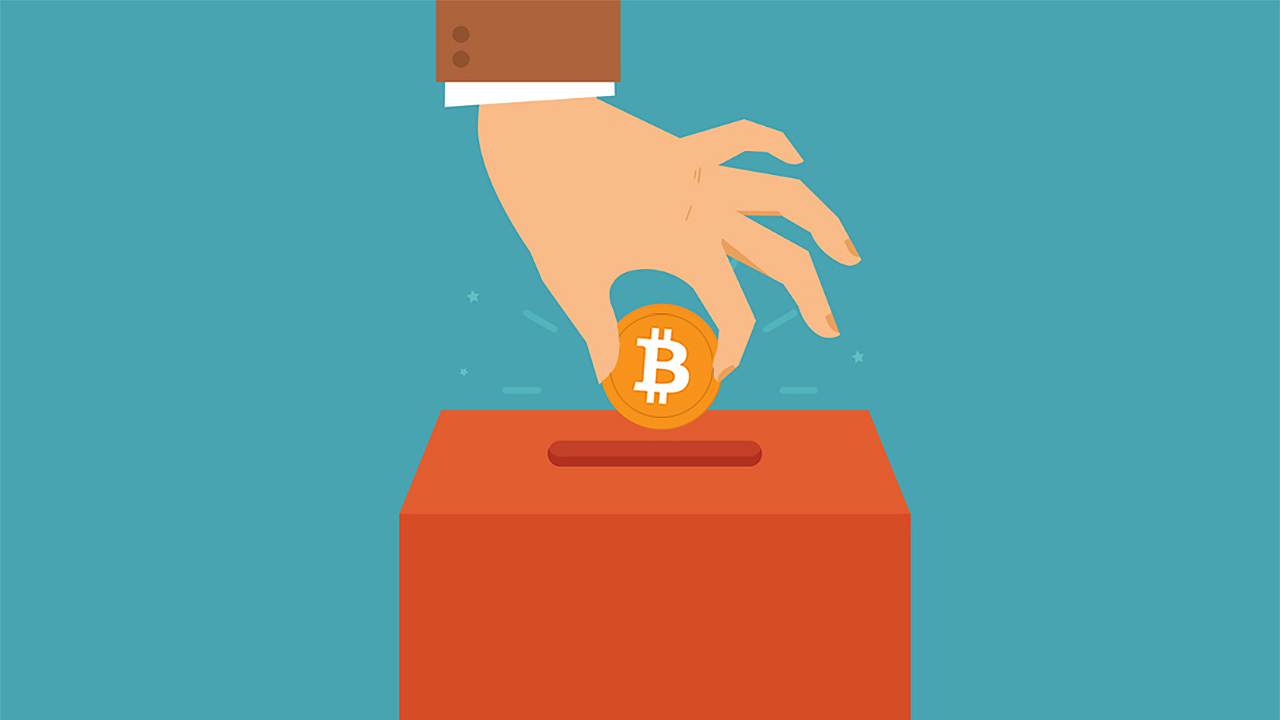Political Donations from Crypto Firms Stir Concerns About Regulatory Risks
09.03.2025 20:00 2 min. read Alexander Stefanov
U.S. cryptocurrency companies have played a major role in President Donald Trump’s 2024 re-election campaign, contributing over $144 million.
This large financial backing has sparked concerns about the growing influence of corporate donations in politics. A report from the Center for Political Accountability (CPA) warns that such political spending, especially from crypto firms, could have significant risks for both the industry and its investors.
Notably, companies like Coinbase and Ripple were among the top contributors, with Coinbase’s political action committee donating nearly $80 million, while Ripple followed with more than $63 million.
However, this surge in political contributions has raised alarms about the lack of transparency surrounding these donations and their potential to lead to increased regulatory scrutiny. Moreover, concerns about the integrity of crypto firms have deepened as they are linked to legal battles with the U.S. Securities and Exchange Commission (SEC).
The CPA’s report points to the risks of political influence being used to seek deregulation and other benefits, emphasizing that it could backfire, harming the reputation of these firms and reducing public trust in the crypto sector. The report also highlights the ethical dilemmas, including conflicts of interest involving Trump’s crypto advisor, David Sacks, who could benefit from the U.S. government’s Bitcoin purchases.
In addition, the report discusses the hazards of political figures endorsing speculative and potentially fraudulent tokens, like Trump’s $TRUMP coin and Argentina’s $LIBRA. The lack of accountability in such moves could undermine the crypto industry’s credibility.
Ultimately, the CPA calls for more transparency and accountability in crypto’s political contributions to ensure its long-term viability and credibility in the financial world. Without these safeguards, the industry’s future remains uncertain.
-
1
Key U.S. Events to Watch This Week That Could Impact Crypto
30.06.2025 11:00 2 min. read -
2
Here Is How Your Crypto Portfolio Should Look Like According to Investment Manager
30.06.2025 10:00 2 min. read -
3
SoFi Returns to Crypto with Trading, Staking, and Blockchain Transfers
27.06.2025 8:00 1 min. read -
4
GENIUS Act Could Reshape Legal Battle over TerraUSD and LUNA Tokens
30.06.2025 9:00 1 min. read -
5
Whales Buy the Dip as Retail Panics: This Week in Crypto
29.06.2025 14:00 3 min. read
Grayscale Confidentially Files for New SEC-registered Offering Amid Growing Crypto Market demand
Grayscale Investments announced today that it has confidentially submitted a draft registration statement on Form S-1 to the U.S.
Here is How to Read the Crypto Fear and Greed Index
In the volatile world of cryptocurrency, investor psychology is one of the most powerful forces behind price movement.
Bank of England Governor Warns Against Stablecoins, Backs Tokenized Deposits Instead
Bank of England Governor Andrew Bailey has voiced strong concerns about the rising push for stablecoin adoption, calling on banks to steer clear of issuing their own digital currencies.
Czech National Bank Enters Crypto Sector with $18M Coinbase Investment
The Czech National Bank (CNB) has entered the crypto sector with a $18 million investment in Coinbase, purchasing 51,732 shares in Q2 2025, according to a U.S. SEC filing.
-
1
Key U.S. Events to Watch This Week That Could Impact Crypto
30.06.2025 11:00 2 min. read -
2
Here Is How Your Crypto Portfolio Should Look Like According to Investment Manager
30.06.2025 10:00 2 min. read -
3
SoFi Returns to Crypto with Trading, Staking, and Blockchain Transfers
27.06.2025 8:00 1 min. read -
4
GENIUS Act Could Reshape Legal Battle over TerraUSD and LUNA Tokens
30.06.2025 9:00 1 min. read -
5
Whales Buy the Dip as Retail Panics: This Week in Crypto
29.06.2025 14:00 3 min. read


